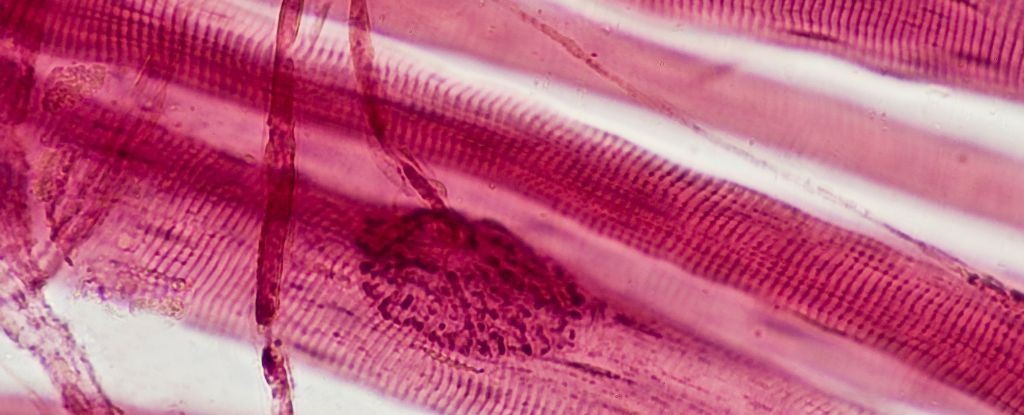The Balancing Act: Keeping Hands Clean and Skin Healthy
Handwashing is a cornerstone of good hygiene, protecting us from a multitude of germs and illnesses. However, frequent washing, while effective at removing harmful bacteria, can sometimes strip away your skin’s natural protective barrier, leaving it dry, irritated, and susceptible to issues like eczema or cracking.
Maintaining a healthy balance between robust hygiene and protecting your skin is crucial.
Why We Need to Wash Our Hands – and Why We Shouldn’t Overdo It
Our hands are constantly interacting with our surroundings.
They touch doorknobs, keyboards, phones, and countless other surfaces teeming with bacteria. Washing our hands regularly eliminates harmful bacteria and prevents them from entering our bodies, reducing the risk of illnesses like colds, the flu, or more serious infections.
However, frequent handwashing can lead to dryness.
Soaps,
especially those with harsh chemicals, can disrupt the skin’s natural balance, stripping away the oils that protect our skin and keep it hydrated. This can result in issues like dryness, cracking, and itchy, irritated skin.
<h2
Signs Your Skin Needs a Break from Washing
If your hands show signs of dryness like roughness, tightness, redness, itching, cracking, or a feeling of tightness, it might be time to reconsider your hand-washing routine
RER
<h2">Healthy Handwashing Habits
Washing hands isn’t solely about how often you do it but also how you do it. Here are some tips for healthy handwashing:
*Wash after using the bathroom, before eating or preparing food, after handling raw meat, coughing, or blowing your nose.
*
Use lukewarm water instead of hot. Stick to a mild,
pH-neutral soap, avoiding harsh chemicals or strong fragrances.<
-
Gently pat your hands dry – vigorous rubbing can worsen dryness. **
Apply moisturizing lotion regularly to replenish moisture. -
Don’t scrub too aggressively as this can irritate delicate skin.
Consider wearing gloves while doing dishes or cleaning
to protect your hands from harsh chemicals.
4H
Protecting
Your Hands
Maintaining good hand hygiene doesn’t mean sacrificing the health of your skin. Try these tips to keep your hands feeling healthy:
- < p
Use
a mild, pH-balanced soap.
- Apply a nourishing hand cream after washing.
Moisturize hands throughout the day, especially during colder months.
- Wear gloves when doing the dishes or engaging in tasks involving harsh chemicals or potentially irritating substances.
Be mindful
of hand sanitizer overuse.
While convenient, overuse can dry out your hands. Opt for alcohol-free hand sanitizers with moisturizing ingredients when possible and always follow up with lotion.
<h2
Attending to Hydration and Health
</h2
*Drink plenty of water to
support overall skin
hydration from within.
- Consider adding a humidifier, especially
during dry climates or when indoor heating systems are used.
Consult a dermatologist
if you experience persistent skin issues, as they may be able to recommend more specific treatments or identify potential underlying conditions.
Keeping our hands clean is vital
; the key is to find a balance that protects us from illness while also keeping our skin healthy and hydrated. By following these tips, you
can enjoy clean hands
without compromising your skin
‘s well-being.
What are some tips for preventing dry and irritated skin while maintaining good hand hygiene?
## The Balancing Act: Keeping Hands Clean and Skin Healthy
**Host:** Welcome back to the show! Today, we’re tackling a topic that’s essential to our health, but can sometimes present a bit of a dilemma – handwashing. We all know it’s crucial for preventing the spread of germs, but what about the impact it has on our skin?
Joining us today to talk about this balancing act is Dr. Emily Carter, a dermatologist who specializes in skin health. Welcome to the show, Dr. Carter.
**Dr. Carter:** Thanks for having me!
**Host:** So, Dr. Carter, I think it’s safe to say we all understand the importance of handwashing. Can you elaborate on why it’s so critical?
**Dr. Carter:** Absolutely! Our hands are constantly interacting with the world around us, picking up a vast array of germs and bacteria. Washing our hands regularly and thoroughly eliminates these harmful pathogens, significantly reducing our risk of contracting illnesses like colds, the flu, and other more serious infections.
**Host:** But you’ve also mentioned that frequent handwashing can have some downsides for our skin. Can you explain that a bit?
**Dr. Carter:** Definitely. While soap and water are effective at removing bacteria, they can also strip away our skin’s natural oils, which act as a protective barrier. This can lead to dryness, irritation, cracking, and even conditions like eczema, especially for those who wash their hands frequently.
**Host:** So, how do we strike a balance? How can we keep our hands clean without harming our skin?
**Dr. Carter:** It’s all about finding a happy medium. One of the key things is choosing the right soap. Look for mild, pH-neutral soaps that are free of harsh chemicals and fragrances. These are gentler on the skin.
**Host:** And what about after washing?
**Dr. Carter:** Moisturizing is essential. Applying a fragrance-free hand cream after each wash can help replenish lost moisture and keep your skin hydrated.
As a bonus tip, think about using lukewarm water instead of hot water when washing your hands. Hot water can further dry out your skin.
**Host:** Fantastic advice! Dr. Carter, thank you so much for sharing this valuable information with us.
**Dr. Carter:** My pleasure! Remember, keeping clean and taking care of your skin don’t have to be mutually exclusive.
**Host:** Absolutely! That’s all the time we have for today. Tune in next time for more tips on staying healthy and looking your best.



